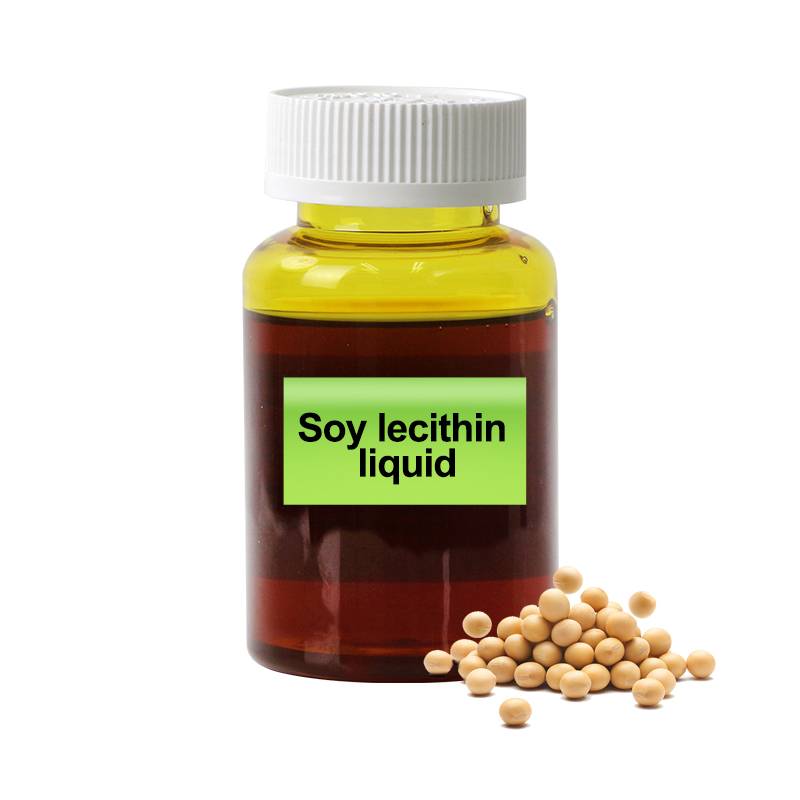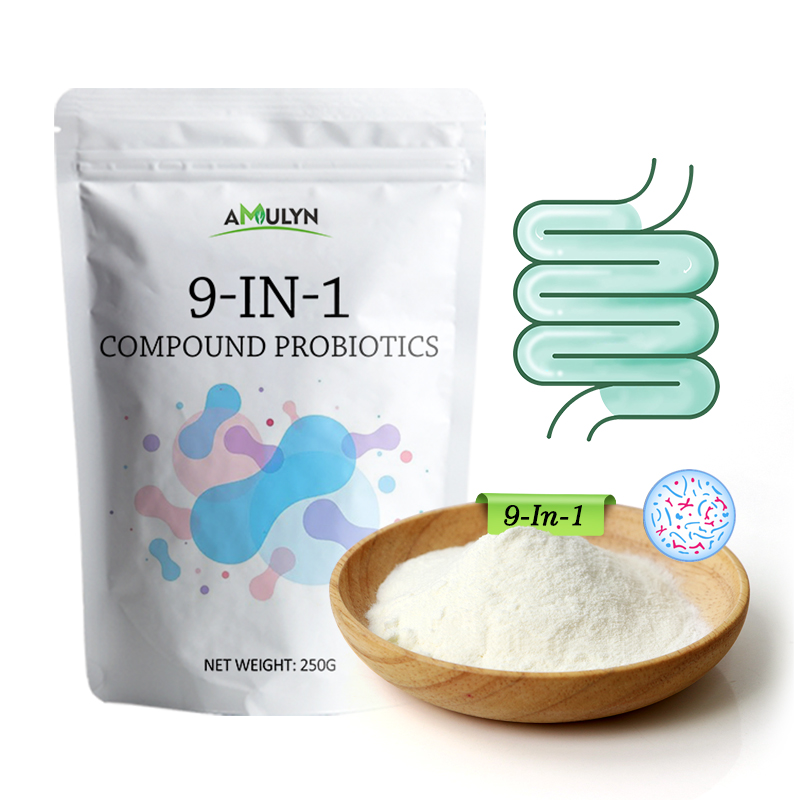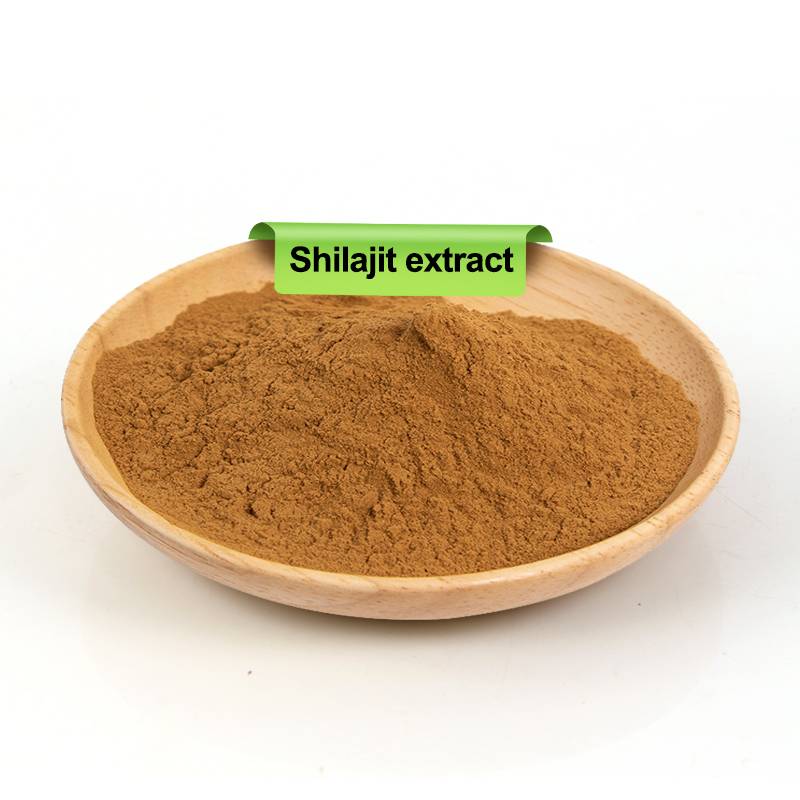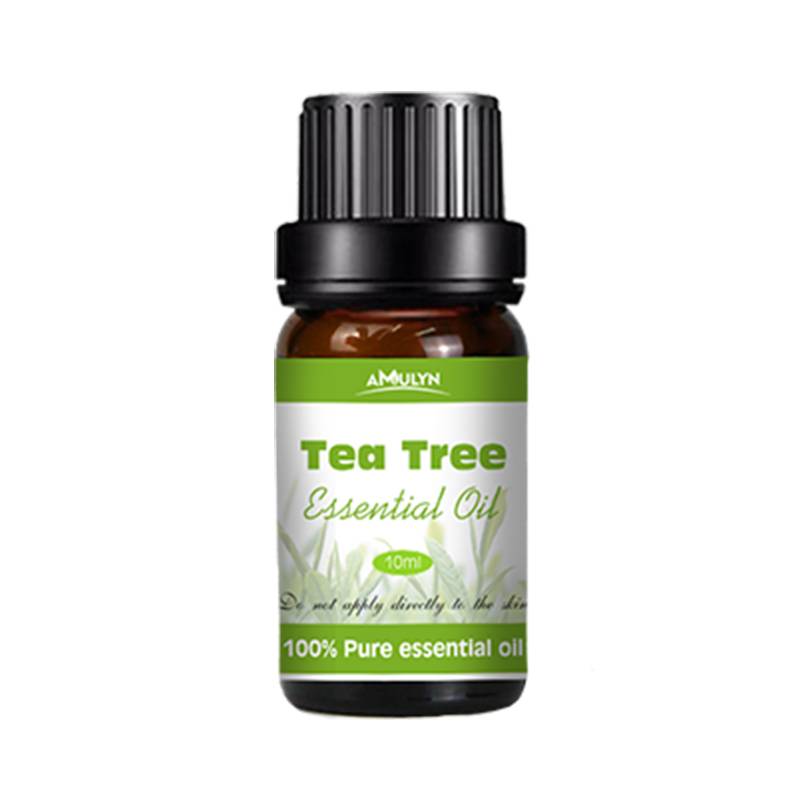When it comes to energy-boosting drinks, matcha and coffee are two of the most popular choices. But which one is truly stronger? Does matcha provide a more sustained energy boost, or does coffee’s high caffeine content make it the ultimate pick-me-up?
In this deep dive, we’ll compare:
-
✅ Caffeine content – How much caffeine is in each?
-
✅ Energy release – Does matcha give a longer-lasting buzz?
-
✅ Health benefits – Which one is better for your body?
-
✅ Side effects – Does coffee cause more jitters and crashes?
-
✅ Best choice for different lifestyles – Should you switch from coffee to matcha?
1. Caffeine Content: Is Matcha Stronger Than Coffee?
At first glance, coffee seems like the clear winner in caffeine content. A standard 8-oz cup of brewed coffee contains 95–200 mg of caffeine, depending on the roast and brewing method. Meanwhile, an 8-oz serving of matcha typically has 30–70 mg of caffeine.
But here’s the twist: Matcha’s caffeine is absorbed differently. Unlike coffee, which delivers a quick spike and crash, matcha provides a smoother, longer-lasting energy boost. This is because matcha contains L-theanine, an amino acid that slows caffeine absorption and promotes relaxation without drowsiness.
Coffee hits fast and hard. The caffeine in coffee enters your bloodstream quickly, leading to that familiar "jolt" of energy—but often followed by an afternoon crash.
Verdict: If you want a quick, intense energy spike, coffee wins. But if you prefer steady, jitter-free focus, matcha might be stronger in terms of sustained effects.
2. Energy Release: Why Matcha Feels Different
Ever notice how coffee can make you jittery, while matcha keeps you calm yet alert? The key difference lies in how each drink releases caffeine.
Coffee = Fast & Furious
-
Caffeine peaks in your blood within 30–60 minutes.
-
Triggers a rapid adrenaline response (hello, jitters!).
-
Often leads to a crash as caffeine wears off.
Matcha = Slow & Steady
-
L-theanine moderates caffeine absorption, leading to a gradual rise in energy.
-
Promotes alpha brain waves, which enhance focus without anxiety.
-
Energy lasts 4–6 hours, with no sudden crash.
Best for:
-
✔ Coffee → Quick morning wake-up, intense productivity bursts.
-
✔ Matcha → Long work sessions, meditation, or avoiding caffeine crashes.
3. Health Benefits: Is Matcha Healthier Than Coffee?
Both drinks have health perks, but matcha has some unique advantages:
Matcha’s Superpowers
-
✔ Rich in antioxidants (EGCG) – Helps fight inflammation and aging.
-
✔ Boosts metabolism – May aid in fat burning.
-
✔ Supports brain health – L-theanine enhances memory and focus.
-
✔ Detoxifying – High chlorophyll content helps cleanse the body.
Coffee’s Benefits
-
✔ Improves alertness & reaction time.
-
✔ May lower risk of Parkinson’s & Alzheimer’s.
-
✔ Contains antioxidants (though less than matcha).
-
✔ Linked to lower risk of type 2 diabetes.
Winner? If you want maximum antioxidants and mental clarity, matcha takes the lead. But coffee still has solid benefits for brain health and energy.
4. Side Effects: Does Coffee Cause More Jitters?
If you’ve ever had "too much coffee," you know the feeling: shaky hands, racing heart, and eventual exhaustion. Matcha, on the other hand, rarely causes these issues.
Coffee’s Downsides:
-
❌ Can cause anxiety & restlessness.
-
❌ May disrupt sleep if consumed late in the day.
-
❌ Acidic—can irritate sensitive stomachs.
Matcha’s Gentler Effects:
-
✔ No jitters (thanks to L-theanine).
-
✔ Alkaline-forming—easier on digestion.
-
✔ Less likely to cause sleep disturbances if consumed early.
Best for sensitive individuals? Matcha is the safer bet if you’re prone to caffeine anxiety.
5. Which Should You Choose? (Lifestyle Guide)
Your ideal drink depends on your needs:
|
Scenario
|
Best Choice
|
Why?
|
|
Need instant energy for an early meeting
|
Coffee
|
Fast-acting caffeine
|
|
Long study/work session without crashes
|
Matcha
|
Steady focus
|
|
Sensitive to caffeine but need a boost
|
Matcha
|
Less jittery
|
|
Looking for antioxidant benefits
|
Matcha
|
More EGCG
|
|
Enjoy bold, rich flavors
|
Coffee
|
Stronger taste
|
|
Prefer a calming ritual
|
Matcha
|
Zen vibes
|
Final Verdict: Is Matcha Stronger Than Caffeine?
✅ In terms of pure caffeine content, coffee wins. It has more per cup.
✅ But matcha provides a stronger sustained energy boost, thanks to L-theanine.
✅ Health-wise, matcha has more antioxidants and fewer side effects.
So… should you switch from coffee to matcha?
If you love coffee but hate crashes → Try a matcha latte.
If you need a quick energy fix → Stick with coffee.
If you want long-lasting focus → Matcha is your best bet.
Some people combine both—morning coffee for a kick, afternoon matcha for steady energy!
What’s your go-to: matcha or coffee?
 Koicha Ceremonial Grade Matcha Powder
Koicha Ceremonial Grade Matcha Powder Organic Ceremonial Grade Matcha Powder
Organic Ceremonial Grade Matcha Powder Premium Beverage Grade Matcha Powder
Premium Beverage Grade Matcha Powder Everyday Culinary Grade Matcha Powder
Everyday Culinary Grade Matcha Powder Organic Instant Pure Matcha
Organic Instant Pure Matcha Soy Lecithin Powder
Soy Lecithin Powder Sunflower Lecithin Powder
Sunflower Lecithin Powder Soy Lecithin Granules
Soy Lecithin Granules Phosphatidylcholine
Phosphatidylcholine  Phosphatidylserine
Phosphatidylserine Soy Lecithin Liquid
Soy Lecithin Liquid Reishi Mushroom Powder
Reishi Mushroom Powder Lion's Mane Mushroom Powder
Lion's Mane Mushroom Powder Cordyceps Sinensis Powder
Cordyceps Sinensis Powder Chaga Mushroom Powder
Chaga Mushroom Powder Shiitake Mushroom Powder
Shiitake Mushroom Powder Cordyceps Militaris Powder
Cordyceps Militaris Powder


























































